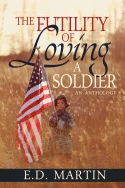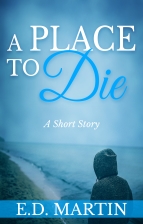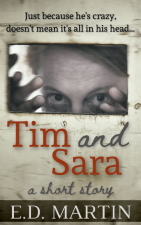“Death is not the greatest loss in life. The greatest loss is what dies inside us while we live.” – Norman Cousins
In my novels (Both The Lone Wolf that I’ve been working on for the past eighteen months, and A Handful of Wishes, my 2010 NaNoWriMo WiP), death plays a central role. I don’t use it lightly – it’s there so my characters can learn and grow. Each death serves a purpose, no matter how inconsequential it appears.
In that vein, I came across this advice for incorporating death in your stories:
One of the things that, for me, is a stopper in books is when someone dies and somehow all the ‘stuff’ that happens afterward is lost in the shuffle. The characters just go on with their lives as if nothing momentous has happened. Funerals or memorials are cursory. Just as in real life we seem to need that closure, so to do our characters. Besides, it is an added occasion to show what our characters, their friends and families are made of–what their characters are truly like in a time of loss, sorrow, or in some cases, ‘unnatural’ glee. Who’s concerned with the will? Who truly cares? Who is there to be seen. Were they buried or cremated? Were ashes flung from a bi-plane over Lake Michigan or scattered along a mountain stream? Were they kept in a hand-made wooden box or porcelain urn? Are they kept on the mantle in the drawing room or in a box in the basement? Were they tossed in the backseat on the drive from the funeral home, put in the trunk or seat-belted in the front seat? Do the characters talk to the urn? And if so, what is it that is said? There is much opportunity, in death, to explore the characters and their individual motivations.
Why roses, or daffodils or lilacs at a service? Is it a military funeral? Is it formal or not? Afterward, is it a wake or a party with folks sharing stories and memories? What happens as the liquor flows? Do embarrassing moments come up? Do we learn something about someone we didn’t know before? Do our characters stay ‘in character?’ Do we find out something important that is intrinsic to the ‘who’ that they are? Who can’t wait to get out of their heels and runs around barefoot? Who’s funeral suit doesn’t fit that well any more? Which character doesn’t ‘have’ appropriate clothing to wear in the first place and is everyone in black (or what-ever is the color in their culture) or dressed in bright, happy colors? Are there children there and if so, how are they behaving? Who is right in the middle of things and who is off on the side, at the outer edges of the gathering? Is there a huge crowd or just a few people? Are the people focused on what is happening or thinking about missed phone calls, meetings, or what will be happening next week? Are several people meandering around forming strategies on who will take over the family business and wondering how they can be sure it is them and not Uncle So-and-so? Is there a gathering in the church social room, a fancy restaurant or does everyone go back home? Do folks bring tons of food or do the central characters go home to an incredibly empty house? And of course, the whys behind the author’s choices.
How does this death change some of the characters? Does it change how they might go forward? Does it have an effect on future plans? Do they act differently now that they are no longer under the deceased’s thumb or no longer worrying about letting someone down or feeling free to go off in a new direction? It seems to me that a death in a book needs to serve a purpose or else why should the reader care that they died?
(http://www.writing.com/main/newsletters/action/archives/id/4301)





